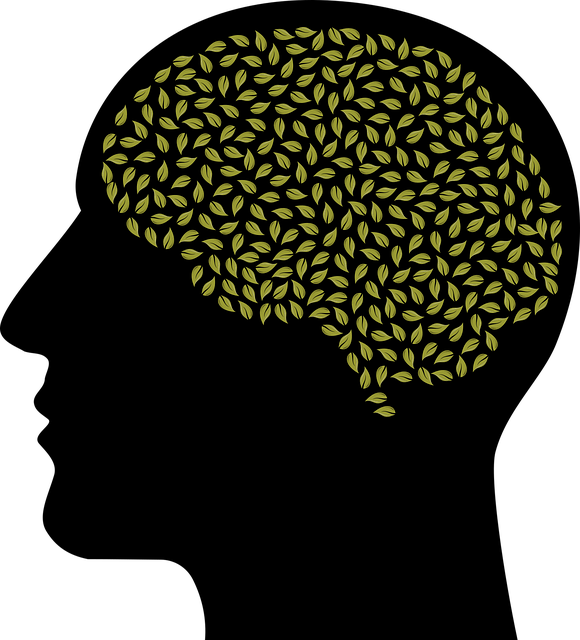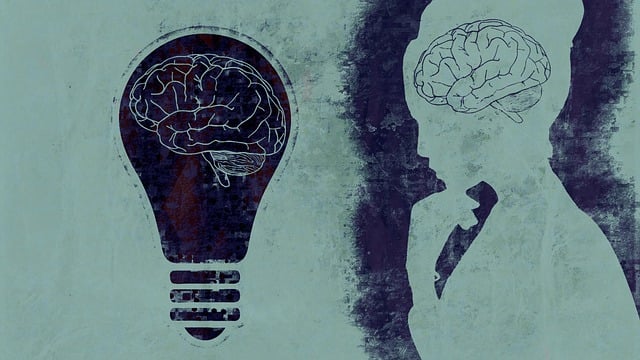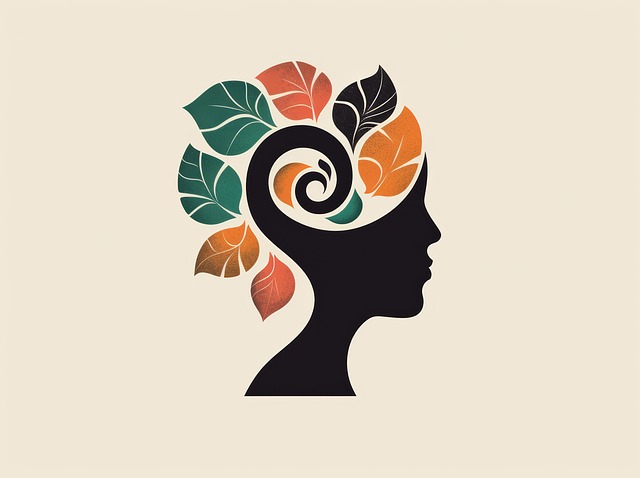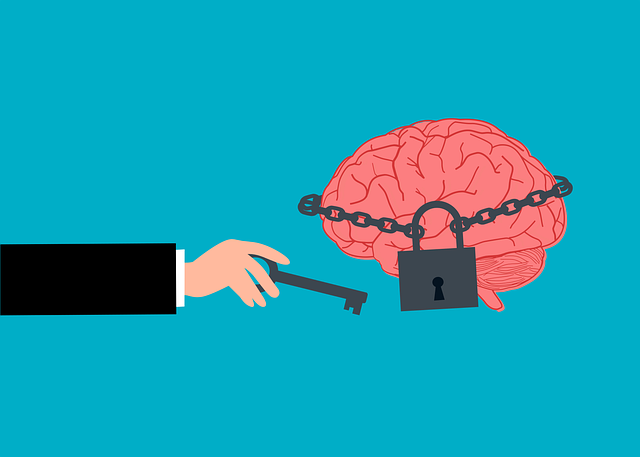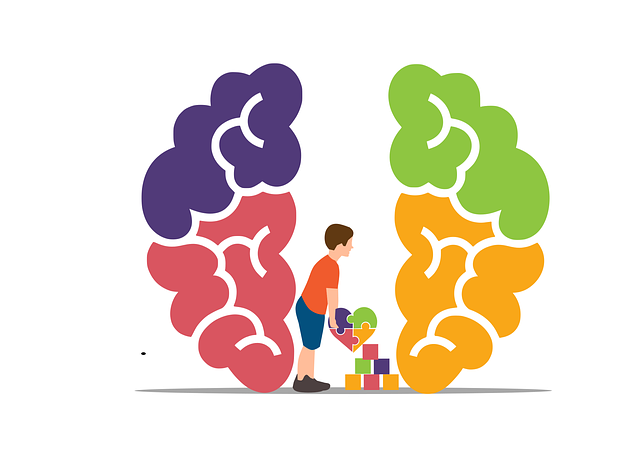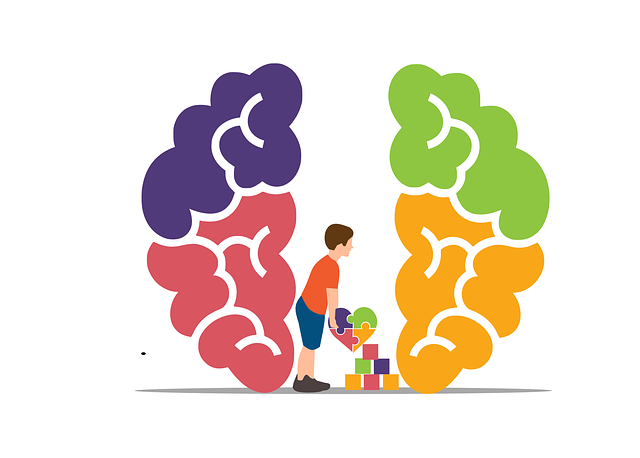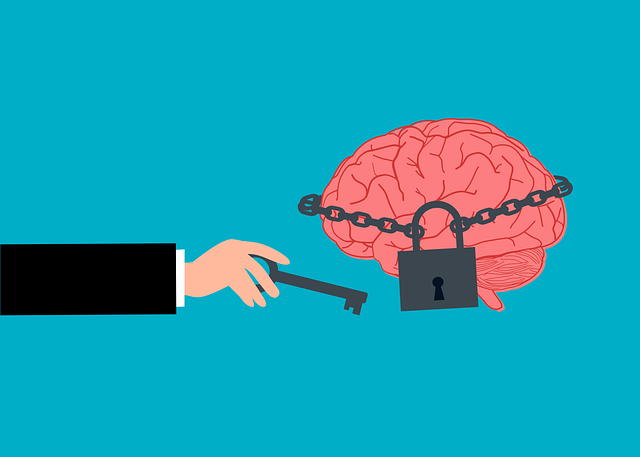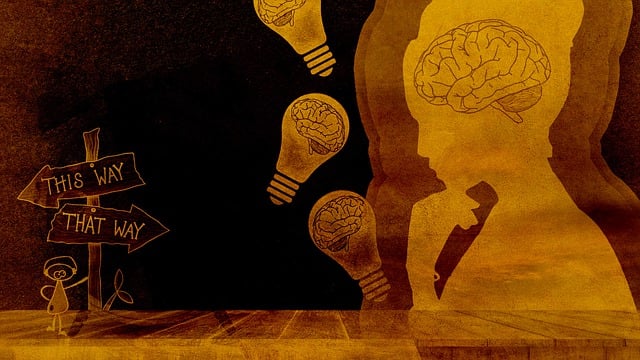Englewood Chronic Pain Therapy delivers culturally sensitive mental healthcare, addressing the unique challenges of a diverse patient base. They prioritize building trust and tailoring interventions like resilience-building and traditional healing practices to respect varied beliefs and cultural contexts. Through comprehensive staff training and open dialogue, they ensure meaningful connections and personalized care for all individuals, revolutionizing mental health services within diverse communities.
In the diverse landscape of mental healthcare, cultural sensitivity is a cornerstone of effective treatment. This article explores the crucial concept of cultural sensitivity in practice, focusing on the unique context of Englewood Chronic Pain Therapy. We delve into the challenges and considerations that arise when serving a diverse patient population, offering strategies for providers to enhance their culturally competent practices. By understanding and addressing cultural nuances, healthcare professionals can create inclusive environments that foster healing at Englewood Chronic Pain Therapy and beyond.
- Understanding Cultural Sensitivity in Mental Healthcare
- Challenges and Considerations at Englewood Chronic Pain Therapy
- Strategies for Culturally Competent Practice Implementation
Understanding Cultural Sensitivity in Mental Healthcare

In the realm of mental healthcare, cultural sensitivity is a vital aspect that ensures effective treatment and support for individuals from diverse backgrounds. It involves recognizing and appreciating the unique cultural beliefs, values, and practices that shape one’s mental health experiences and expressions. At Englewood Chronic Pain Therapy, we understand that providing culturally sensitive care is not merely an option but a necessity to foster trust and meaningful connections with our patients. This approach respects individual identities and ensures that treatment plans align with personal and community-based understanding of mental well-being.
Cultural sensitivity in mental healthcare goes beyond awareness; it requires tailored interventions. By integrating practices like resilience building and burnout prevention, we address the specific needs of our diverse patient population. Moreover, Healthcare Provider Cultural Competency Training plays a pivotal role in equipping professionals with the skills to navigate complex cultural landscapes. This training enables providers to offer personalized care, bridging any gaps between services and patient expectations, ultimately enhancing the overall mental healthcare experience for all individuals served at Englewood Chronic Pain Therapy.
Challenges and Considerations at Englewood Chronic Pain Therapy

Englewood Chronic Pain Therapy faces unique challenges when providing care to a diverse patient population. Cultural sensitivity is paramount, as different ethnic and socioeconomic backgrounds can significantly influence how pain is experienced and expressed. For instance, patients from varied cultural settings may have distinct beliefs about illness, healing, and the role of family in healthcare decision-making.
Therapists at Englewood must be adept at navigating these nuances to offer effective treatment. This involves adapting communication strategies, understanding cultural contexts that shape attitudes towards pain and its management (like the importance of positive thinking or stress management techniques), and respecting individual preferences for care. Addressing mood management issues, which can be exacerbated by chronic pain, requires a culturally sensitive approach that considers the patient’s whole person, including their social and emotional environment.
Strategies for Culturally Competent Practice Implementation

Implementing culturally competent practices in mental healthcare requires a strategic approach to ensure effective and respectful treatment. At Englewood Chronic Pain Therapy, we recognize that understanding cultural nuances is essential for building trust and fostering meaningful connections with clients from diverse backgrounds. One key strategy involves educating both staff and clients about cultural sensitivity, including training on implicit biases and the impact of systemic barriers. This knowledge enables professionals to provide tailored care, addressing unique challenges faced by individuals from different ethnicities, religions, and socioeconomic statuses.
Additionally, encouraging open dialogue and active listening creates a safe space for clients to express their cultural perspectives and concerns. Incorporating these insights into treatment plans allows for more personalized interventions. For instance, incorporating elements of traditional healing practices or adjusting communication styles based on cultural preferences can significantly enhance therapy outcomes. Moreover, promoting cultural awareness extends beyond the clinic; it involves advocating for equitable access to mental healthcare services within diverse communities, ensuring that everyone receives the support they need, regardless of their cultural background.
Cultural sensitivity is a cornerstone of effective mental healthcare, especially at institutions like Englewood Chronic Pain Therapy. By recognizing and addressing the unique cultural needs of diverse patient populations, healthcare providers can create safer, more inclusive environments. The strategies outlined in this article empower professionals to navigate complex cultural landscapes, ultimately improving outcomes for all individuals seeking treatment. Incorporating culturally competent practices at Englewood Chronic Pain Therapy and beyond ensures that mental healthcare remains responsive and accessible in a increasingly diverse society.
